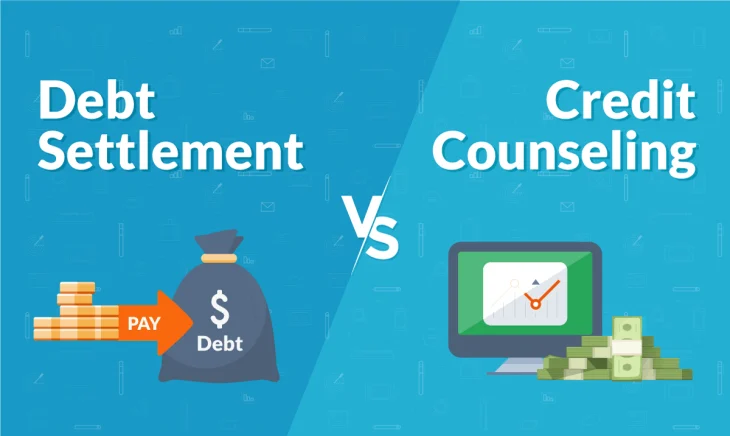
Understanding Debt Consolidation: A Path to Financial Freedom
In today’s fast-paced financial environment, many individuals debt consolidation find themselves juggling multiple debts, from credit card bills to personal loans. While managing these financial obligations can be overwhelming, debt consolidation emerges as a strategic solution to simplify repayment and regain control over one’s finances. This article delves into what debt consolidation is, its benefits, potential drawbacks, and tips on how to effectively consolidate debt.
What is Debt Consolidation?
Debt consolidation involves merging multiple debts into a single loan, often with a lower interest rate. This can be achieved through various methods, including:
- Personal Loans: Borrowing a fixed amount to pay off existing debts.
- Balance Transfer Credit Cards: Transferring high-interest credit card debt to a card with a lower interest rate.
- Home Equity Loans or Lines of Credit: Using home equity to consolidate debt, although this carries the risk of losing one’s home if payments are not met.
- Debt Management Plans (DMPs): Working with a credit counseling agency to negotiate lower interest rates and create a structured repayment plan.
Benefits of Debt Consolidation
- Simplified Payments: Instead of managing multiple payment dates and amounts, debt consolidation reduces your obligations to one monthly payment, making budgeting easier.
- Lower Interest Rates: Many people find that they can secure a lower interest rate through consolidation, which can reduce the overall cost of the debt and speed up repayment.
- Improved Credit Score: Successfully consolidating debt can lead to improved credit scores over time as you lower your credit utilization ratio and make consistent payments.
- Stress Reduction: Managing fewer debts can reduce financial stress, allowing individuals to focus on other areas of their lives.
- Clearer Financial Goals: With a consolidated debt, individuals can more easily map out a plan to achieve their financial goals, whether it’s saving for retirement or purchasing a home.
Potential Drawbacks
While debt consolidation offers numerous benefits, it’s essential to consider the potential downsides:
- Upfront Costs: Some consolidation options may come with fees, which could offset the benefits of lower interest rates.
- Risk of Accumulating More Debt: After consolidating debt, individuals may feel tempted to accrue new debt, leading to a cycle of financial strain.
- Longer Repayment Terms: While consolidating may lower monthly payments, it could extend the overall repayment period, resulting in paying more interest over time.
- Impact on Credit Score: Applying for new credit can lead to a temporary dip in your credit score due to hard inquiries.
Tips for Successful Debt Consolidation
- Assess Your Financial Situation: Before consolidating, evaluate your total debt, interest rates, and monthly payments. Understanding your financial landscape is crucial in selecting the best consolidation option.
- Shop Around: Research various lenders and consolidation options to find the best interest rates and terms. Compare fees and repayment plans to make an informed decision.
- Consider a Credit Counselor: Seeking advice from a certified credit counselor can provide insights into the best consolidation strategies tailored to your financial situation.
- Create a Budget: Post-consolidation, it’s essential to create a budget that prevents future debt accumulation. Track your expenses and savings to ensure financial stability.
- Stay Disciplined: Commit to making timely payments and avoid taking on new debts. This discipline is vital to reestablishing financial health.
Conclusion
Debt consolidation can be a powerful tool for those seeking to regain control over their finances and simplify debt repayment. By understanding its benefits and drawbacks and taking proactive steps, individuals can navigate the debt landscape more effectively. Ultimately, the goal of debt consolidation is not just to pay off existing debt but to foster long-term financial health and stability. With careful planning and responsible management, debt consolidation can lead to a brighter financial future.
